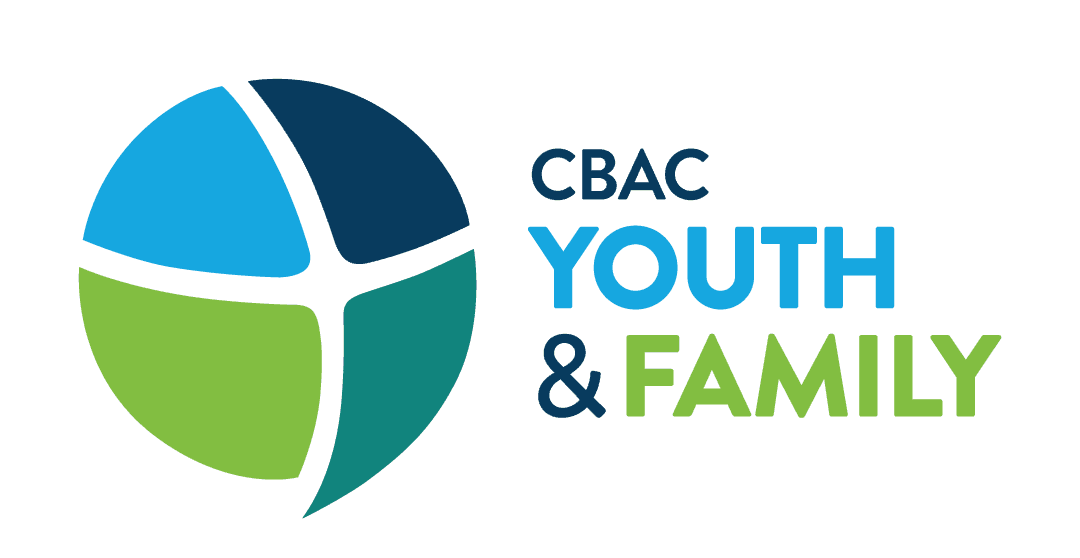The other day, my wife was preparing a meal for our family and pulled out the slow cooker. She plugged it in and saw a bright blue flash of light! Unknown to us, the cord was worn on the slow cooker and it broke off. A kitchen tool that we thought was fine, took us off guard by its sudden flash of light and was no longer useful.
Likewise, many of us as pastors and leaders have experienced seasons when we feel like everything is fine, and then suddenly, it’s not. We experience disruption in our normal routine, or we’ve failed to do the self care that is so vital to healthy churches and ministry.
In his book, In the Name of Jesus, Henri Nouwen reflects on his experience moving to L’Arche from Harvard, and notes the disorientation he experienced as his skills and experiences did little to prepare him for his new reality. Like Nouwen, we are in a new and extended season for which we feel unprepared. We are left looking at empty calendars and more cancelled programs. As you look into 2021, I want to encourage you not to first ask the question, “What do I do?” but to begin with the question, “Who am I?”
>
“If our identity is wrapped up in what we do, who are you now that your regular activities and duties are suspended?”
Who do you say you are?
First of all, in response to that question, we need to move beyond the three common responses that Nouwen identifies:
1. “I am … what I do.” (the struggle to be relevant)
2. “I am … what others say about me.” (the struggle to be popular)
3. “I am … what I control or influence.” (the struggle to be powerful)
And in so many ways, ministry in 2020 has stripped these answers away from us. If our identity is wrapped up in what we do, who are you now that your regular activities and duties are suspended? Who are you, when opposing factions in your church are simultaneously discontent with what you are doing? Who are you, when your regular gatherings cannot happen and you do not have your normal realms of influence? Currently, in NB, we are in and out of various phases of recovery, meaning that most of us have been cancelling plans (again!).
So many leaders have been responding to 2020 by attempting to reclaim one of these three responses. We remind people of Hebrews 10:25, imploring them to come to church so we can influence them. We fill our calendar with events that will likely need to be cancelled, so that we can show we’re trying to do something. We avoid connecting with people so that we don’t have to hear what they say about us. We want to be relevant, popular, and powerful, and the pandemic has removed these from us.
Who does God say you are?
Instead of resting on these three responses, I invite you to settle into your true identity by listening to what our Heavenly Father says about you. Who does God say that you are? What disciplines can you continue or begin in 2021 to help you hear from our Heavenly Father?
As I enter 2021, I find God inviting me to consider the themes of “adoption” and “alongside.” What does it mean to be adopted into God’s family? What does it mean to have churches and youth ministries that emphasize the new family God is creating? How do we live out of our adopted identity, even as restrictions increase and we find ourselves distanced? How do we come alongside families, students, and children, creating the relational spaces they so desperately need?
Throughout the last ten months, God has been showing his presence, goodness, and faithfulness. He continues to invite us to join Him in our neighbourhoods, pursuing the common good of the people around us. In the absence of familiar programs, how do we live as a blessing? How do we demonstrate hope in this world?
Instead of wallowing in what you can no longer do, rest in this good news: “God destined us for adoption as his children through Jesus Christ, according to the good pleasure of his will, to the praise of his glorious grace that he freely bestowed on us in the Beloved.” God is bigger than COVID, and this is not the first pandemic he has led his people through.
We need leaders who live out their identity in Christ
Our students do not need more cancelled events on their calendars. They don’t need texts telling them how important it is to gather in person. They need leaders who are assured of their own adoption through Jesus, and they need to know that there are communities coming alongside them, inviting them in. In the midst of this pandemic, how are you cultivating a community that demonstrates the love of God? How are you inviting others in your church to reach out to children and youth in your church? Maybe even more challengingly, how are you seeing students as your sisters and brothers in Christ, adopted because of the good pleasure of God’s will?
To check out better thinking on some of these themes, check out these books I’m drawing from:
Clark, Chap. Adoptive Church. Baker Academic, 2018.
MacPhee, Bill. “Adoptive Leadership,” in Chap Clark (ed.) Adoptive Youth Ministry. Baker Academic, 2016.
Nouwen, Henri. In the Name of Jesus: Reflections on Christian Leadership. Crossroad Publishing, 1989.

